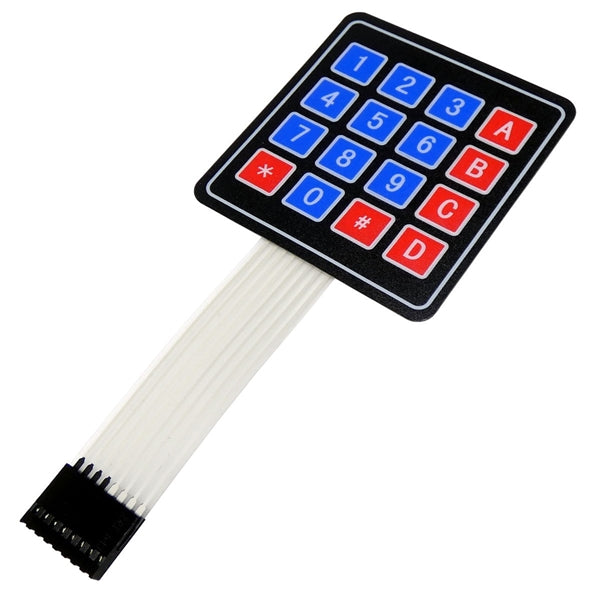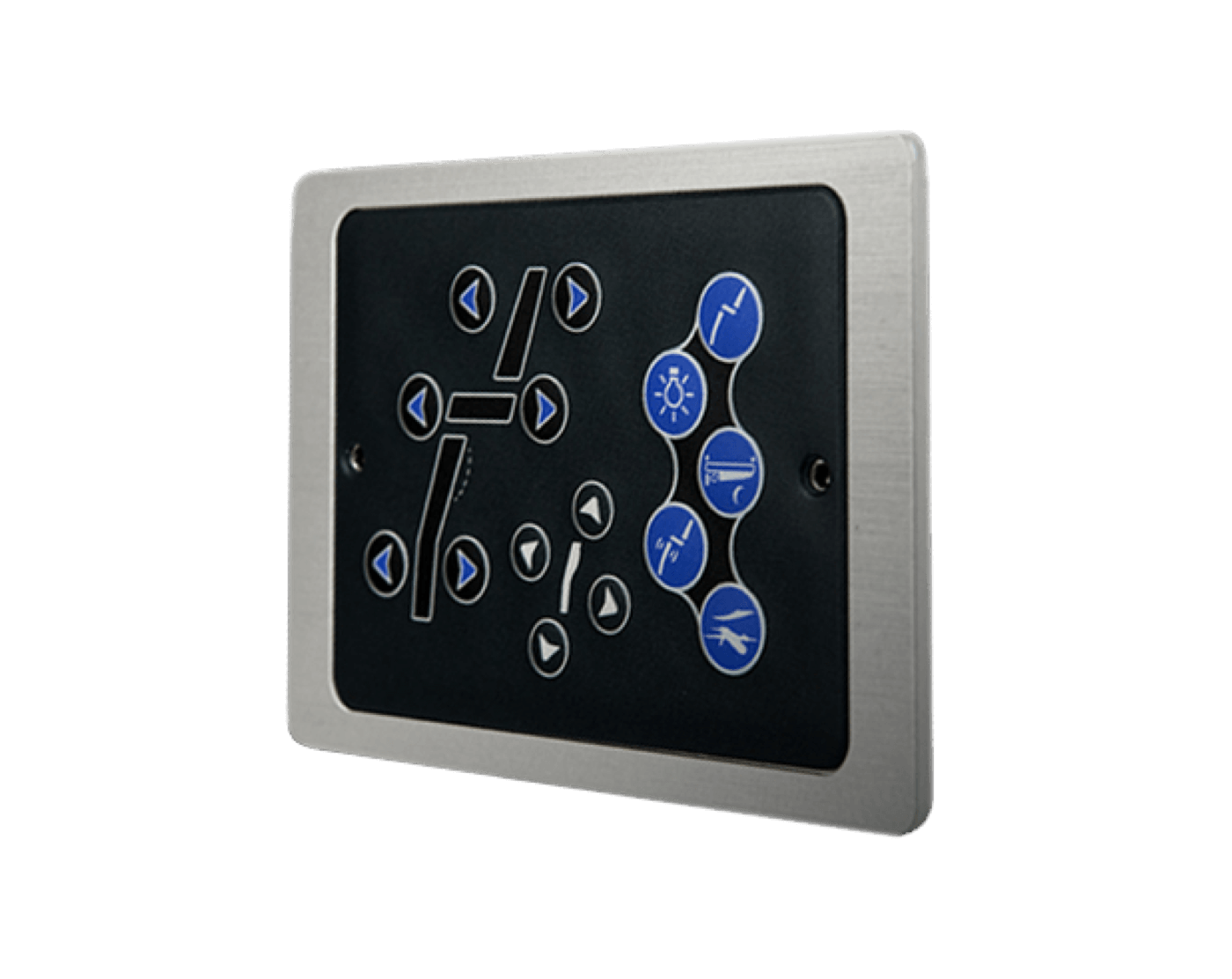Why Membrane Layer Changes Are Necessary for Long Lasting Control Systems
Membrane layer buttons play an essential function in making sure the resilience and integrity of control systems throughout different industries. Their unique construction enables them to withstand challenging ecological variables such as moisture, temperature extremes, and physical wear. This durability not only extends the life-span of the systems they offer yet also decreases upkeep needs. As we explore the multifaceted advantages of membrane buttons, it ends up being evident that their value goes beyond plain performance, influencing customer experience and operational performance. What further effects do these attributes hold for the future of control system design?
Review of Membrane Buttons
Membrane layer switches are flexible and dependable parts commonly used in various electronic control systems. The graphic overlay offers both functional and visual layout, while the spacer layer ensures that the buttons are turned on just when pushed.
Membrane switches are typically favored in applications needing a small and lightweight style, making them suitable for portable gadgets, medical devices, and commercial equipment. They can be personalized to satisfy particular individual needs and can incorporate numerous attributes such as backlighting, responsive comments, and several shades. Membrane layer buttons are immune to dirt, dampness, and pollutants, making them suitable for environments where resilience is important.
Benefits of Toughness
In numerous applications, the toughness of membrane switches over offers significant benefits that improve their overall efficiency and reliability. These buttons are developed to withstand severe environments, making them ideal for usage sought after problems such as high humidity, extreme temperatures, and direct exposure to chemicals. Their robust building and construction assists to stop damages from physical effect, ensuring resilient functionality and lessening the need for frequent substitutes.
Furthermore, membrane layer switches are resistant to wear and tear, which is essential in applications where regular interaction occurs. This toughness translates to reduce maintenance expenses, as companies benefit from lowered downtime and fewer solution interruptions. Moreover, the encapsulated design of membrane changes protects inner components from dust and dampness access, further contributing to their lifespan.
One more benefit is their capacity to keep regular performance with time. With a high tolerance for mechanical anxiety, these buttons maintain their responsive comments and electrical stability, ensuring user fulfillment. Inevitably, the durability of membrane layer switches over not just boosts functional performance but additionally promotes confidence in their dependability, making them a favored option for control systems across different markets.
Applications in Different Industries
Resilient control systems utilizing membrane buttons find comprehensive applications across a range of industries, each taking advantage of the special characteristics these switches offer. In the clinical market, membrane switches are critical for gadgets such as client monitors and analysis tools, where dependability and view publisher site ease of cleansing are extremely important. Their resistance to wetness and contaminants guarantees they preserve performance in sterile atmospheres.
The automotive sector leverages membrane switches for control panel controls and infomercial systems, where they offer sleek, inconspicuous interfaces that enhance user experience. These switches are likewise made to hold up against extreme conditions, consisting of exposure to severe temperature levels and resonances.
In commercial settings, membrane layer switches are generally utilized in machinery control board, using tactile comments and sturdiness required for high-usage applications. Their capacity to resist chemicals makes them appropriate for producing atmospheres where spills and contaminants are regular.

Customer electronic devices, such as kitchen area appliances and push-button controls, additionally utilize membrane buttons for their adaptability and cost-effectiveness. Overall, the versatility and durable nature of membrane layer switches make them indispensable across different fields, ensuring effective operation and longevity in control systems.
Layout and Aesthetic Appeal
While performance is vital, the layout and visual charm of control systems outfitted with membrane layer buttons play an important duty in customer interaction and total experience (membrane switch). The aesthetic layout of these buttons can significantly influence user understanding and communication. A properly designed membrane layer button improves the good looks of the gadget, making it a internet lot more attractive to individuals and promoting a connection in between the user and the product
Membrane switches offer a large amount of versatility in layout, permitting suppliers to tailor graphics, shades, and structures to line up with brand identity and item aesthetic appeals. Making use of vivid colors and distinctive patterns can draw focus, while responsive comments can enhance the individual's interaction with the device. Additionally, the capacity to incorporate LED signs and backlighting right into the membrane layer switch design gives both useful and aesthetic benefits, boosting exposure and functionality in different environments.

Enhancing Individual Experience

Furthermore, membrane switches can be personalized to include visual interfaces, improving use by offering details in a clear and instinctive manner (membrane switch). This customization can include symbols, tags, and shade coding that overview customers via facility functionalities easily. Additionally, their versatility allows for integration in various environments, ensuring consistent performance whether in commercial equipment or customer electronic devices
The longevity of membrane layer buttons likewise plays a critical function in individual experience. By enduring severe conditions and expanded usage, these switches decrease the likelihood of system failings, therefore promoting integrity and individual confidence. Ultimately, the critical use membrane layer switches not only raises functionality yet likewise considerably enriches customer interaction with control systems, making them a vital element in modern layout.
Final Thought

Comments on “The Perks of Membrane Switches Over Standard Switches in Harsh Environments”